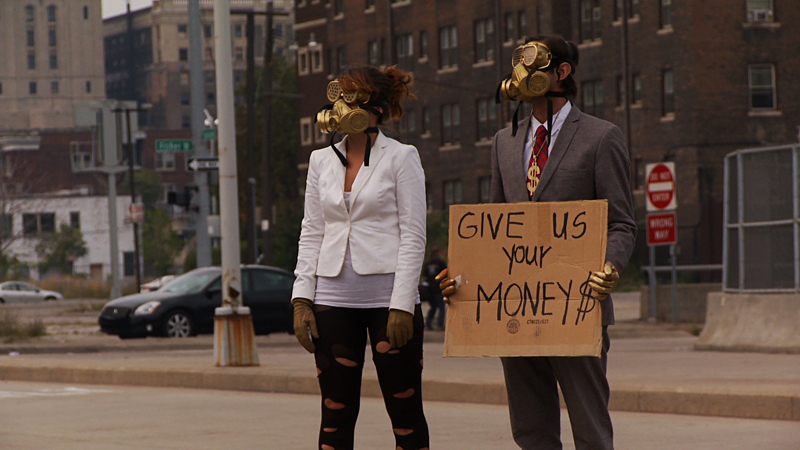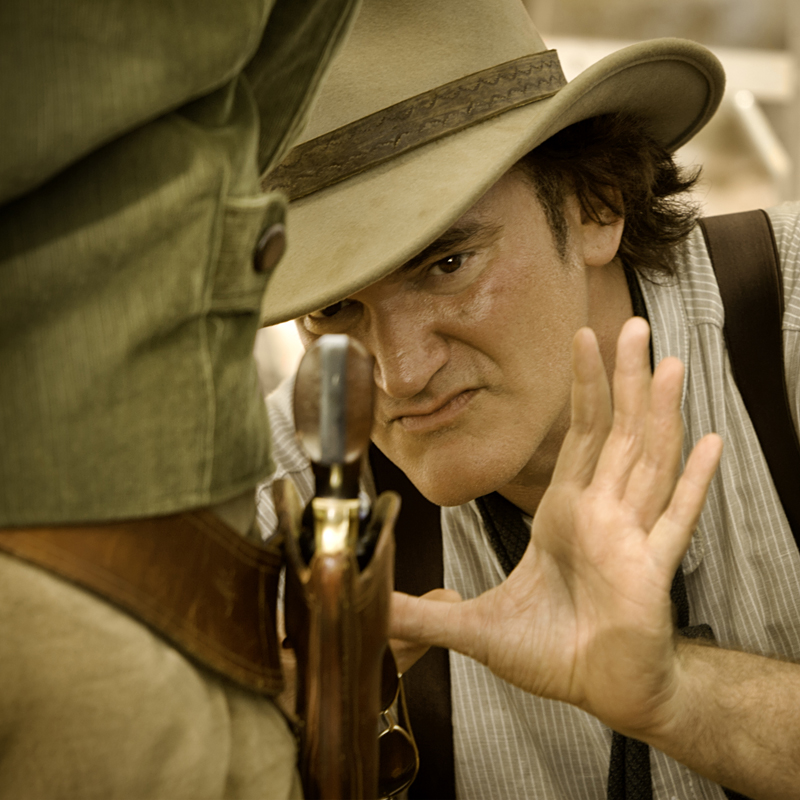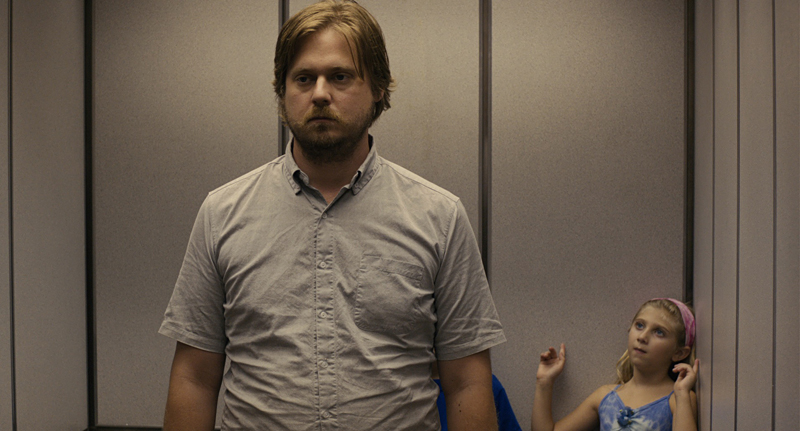When it comes to cost-cutting, downsizing, and philosophical and practical compromise, how low is it possible to go before there’s nothing left to cut—and nowhere to go but up? Detropia, the evocative new documentary from Heidi Ewing and Rachel Grady (Jesus Camp), is a portrait of a city that rose on utopian dreams, settled into comfortable function, and then began a long decline to its current state of life support, all in just less than a century. In 1930 Detroit was the fastest-growing city in the world; today, a family moves away every 20 minutes. Ewing and Grady chart how it’s come to this, collaging the stories of contemporary Detroiters trying to make it through an ever-more-arid present while haunted by the past. The filmmakers’ elegy to the Detroit of the Motown era is honest about the fact that it’s not coming back. The strongest observational footage was shot at the Detroit Auto Show, where Tommy Stephens, a retired schoolteacher who runs a bar, encounters both the Chevy Volt and a new Chinese electric car. The former’s sticker price is twice the latter’s, and Stephens knows how American consumers think. Meanwhile, Detroit is increasingly attracting newcomers who assume the city is already dead—artists colonizing downtown’s dirt-cheap lofts, European tourists who admit to an attraction to “decay.” Is this the “new normal” we’ve been hearing so much about? Considering how relatively small a chunk of history it took up, why did anyone think the middle-class consumerism that marked the middle of the 20th century was “normal” to begin with?
Detropia: The Fall and Rise of the Motor City








